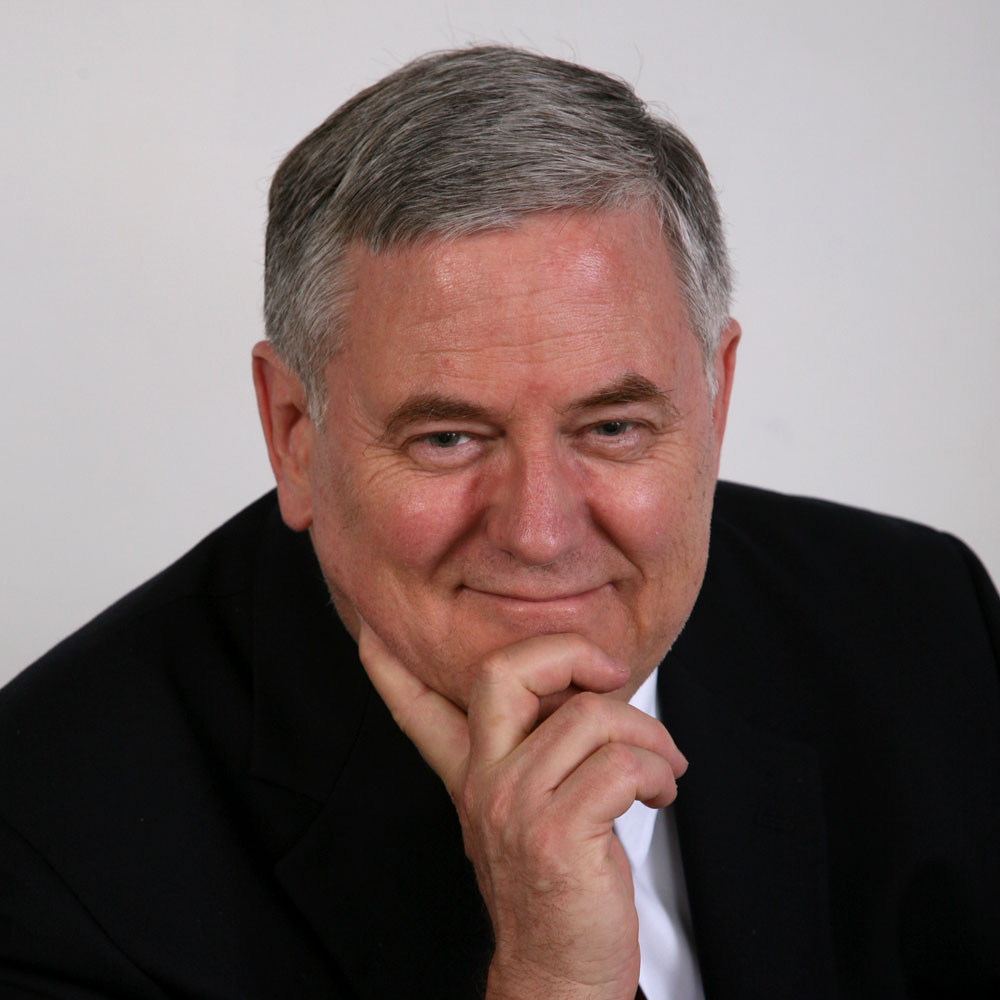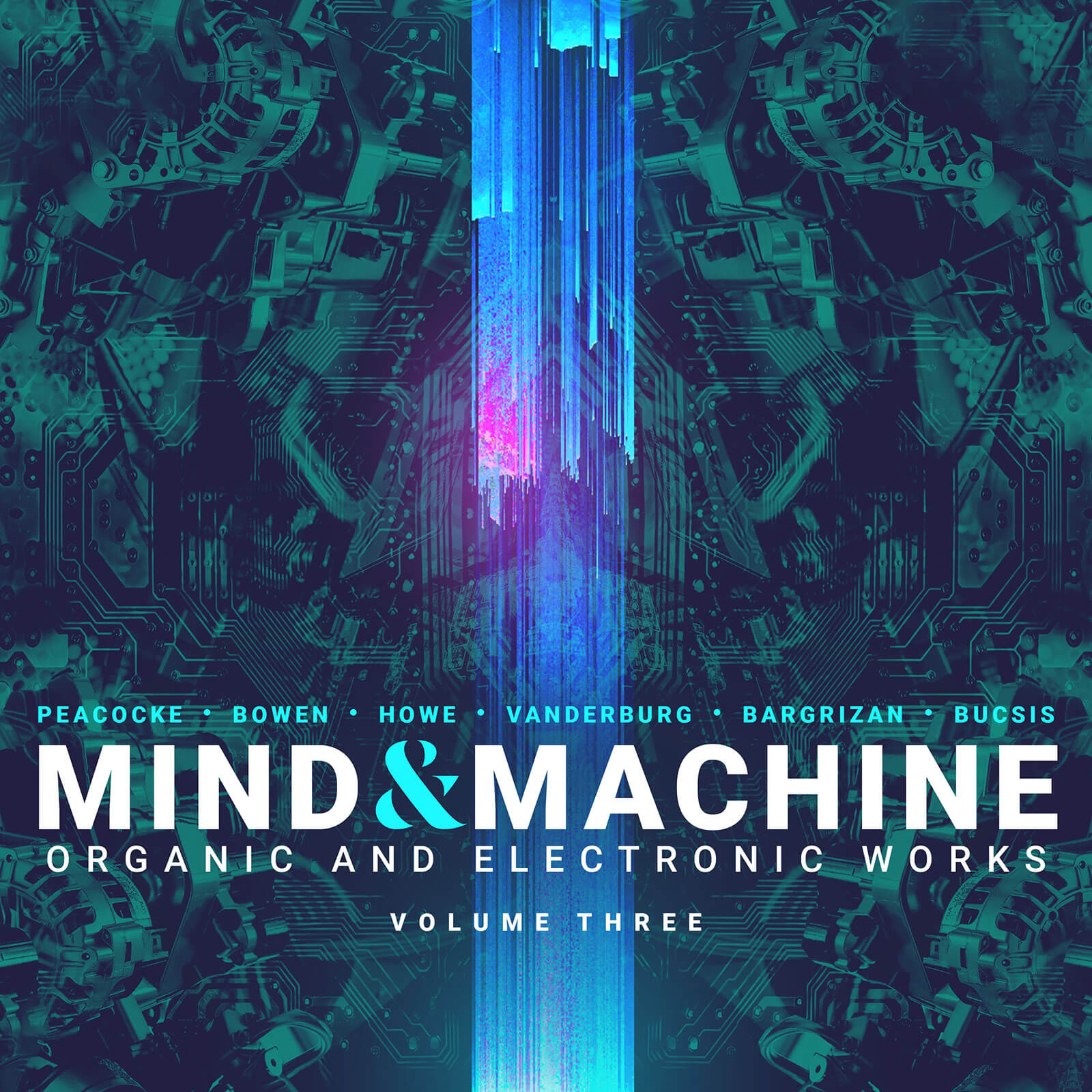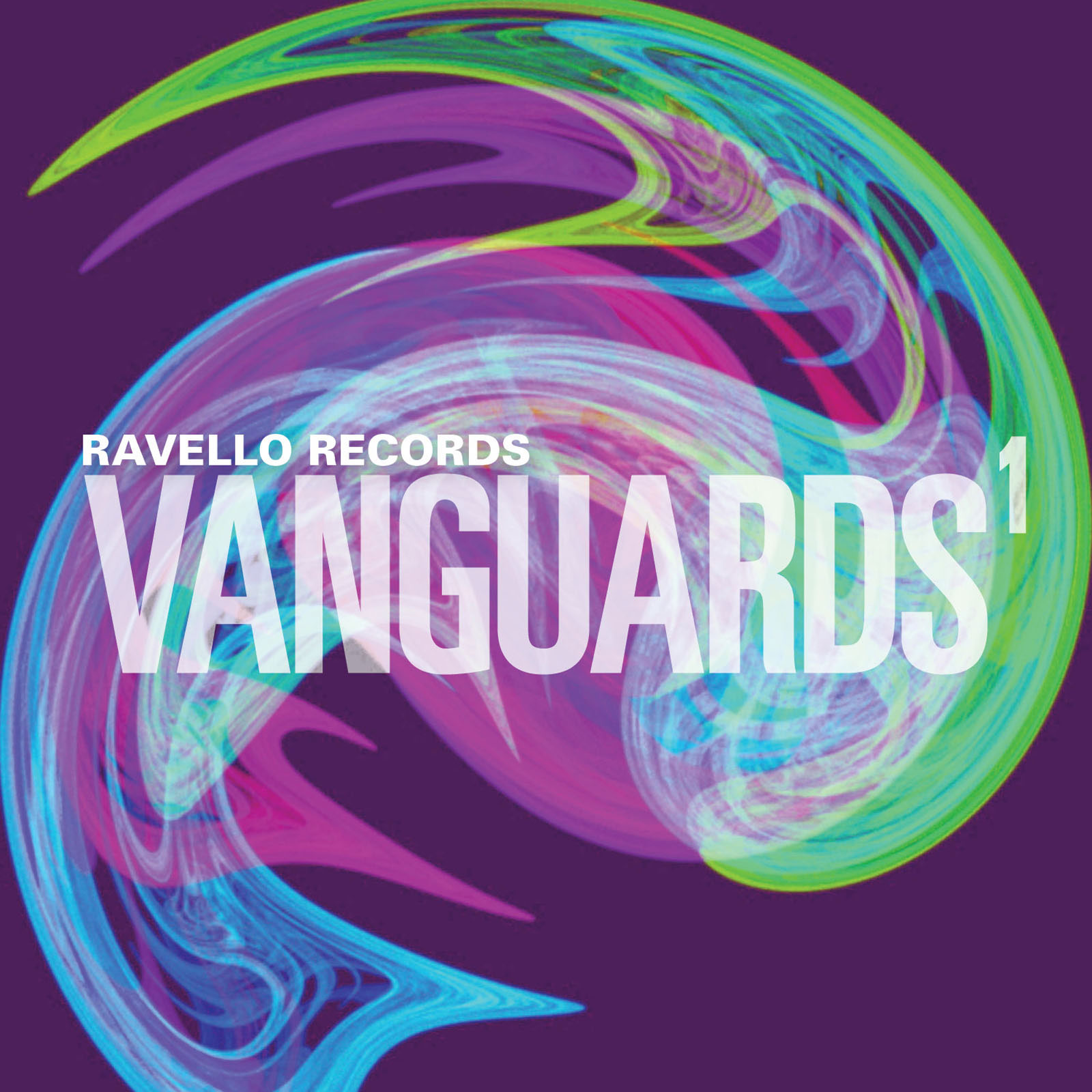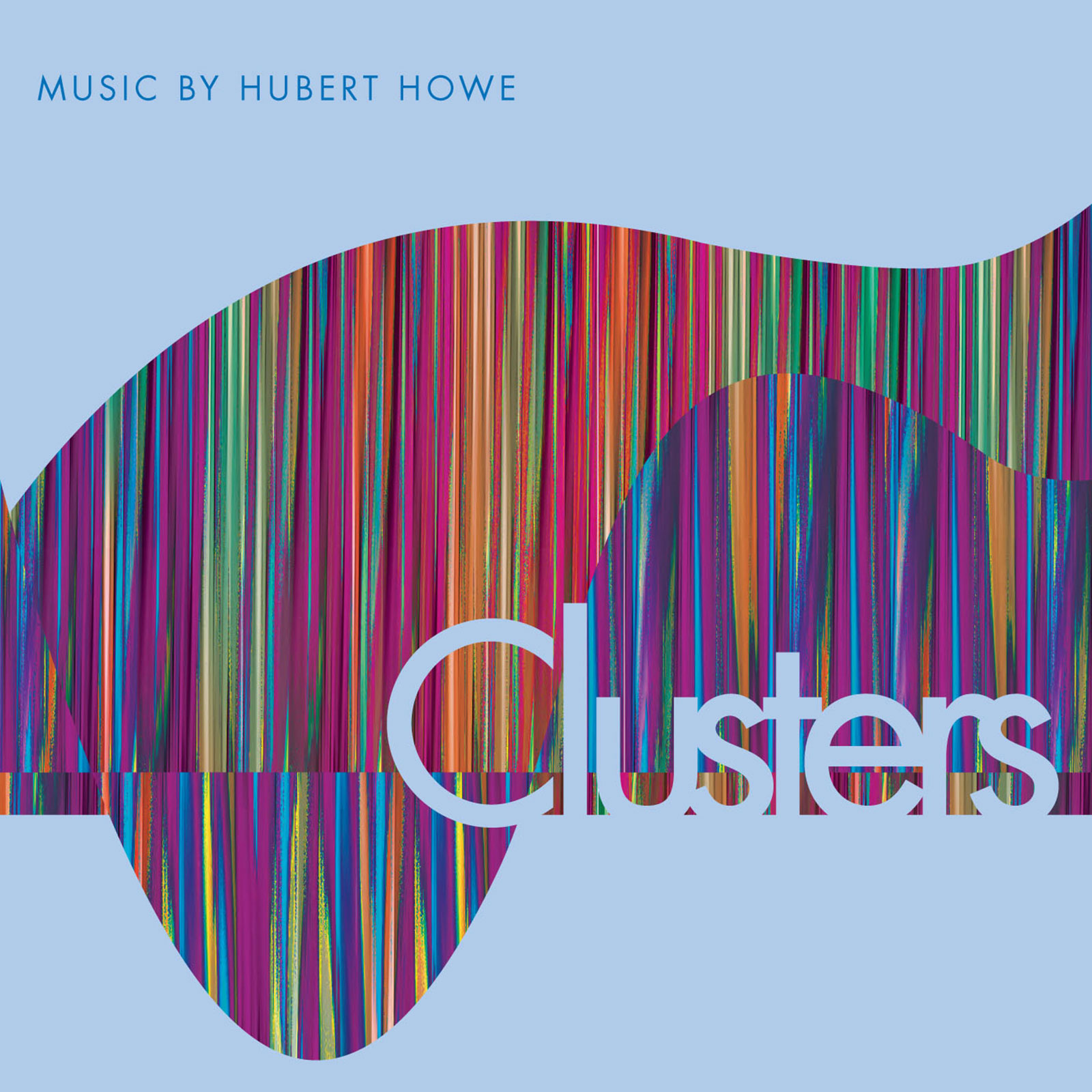
Hubert Howe was born in Portland, Oregon and grew up in Los Angeles, California, where he began his musical studies as an oboist. He was educated at Princeton University, where he studied with J. K. Randall, Godfrey Winham and Milton Babbitt, and from which he received the A.B., M.F.A. and Ph.D. degrees. He was one of the first researchers in computer music, and became Professor of Music and Director of the Electronic Music studios at Queens College of the City University of New York. He also taught at the Juilliard School from 1974 through 1994. In 1988-89 he held the Endowed Chair in Music at the University of Alabama in Tuscaloosa. From 1989 to 1998, 2001 to 2002, and Fall 2007, he was Director of the Aaron Copland School of Music at Queens College.
He has been a member of the Society of Composers, Inc. since its founding in 1965 and served on the Executive Committee from 1967 to 1971. He served as President of the U.S. section of the League of Composers/International Society for Contemporary Music from 1970 until 1979, in which capacity he directed the first ISCM World Music Days in 1976 in Boston, the first time that festival was ever held in the United States. In 1980, he received a commission from the CSC at the University of Padua, Italy, for his composition Astrazioni (Abstractions), which was presented at the Biennale of Venice.
He is a member of the International Computer Music Association and directed the International Computer Music Conference at Queens College in 1980. In 1994, he was the composer-in-residence at the Third Annual Florida Electroacoustic Music Festival at the University of Florida in Gainesville. He is also a member of SEAMUS. He has been a member of BMI and the American Composers Alliance since 1974 and served as President from 2002 to 2011. He is a member of the New York Composers Circle and has served as Executive Director since 2013. In 2009, he founded the New York City Electroacoustic Music Festival, and he continues as Director.
Recordings of his computer music have been released by Capstone Records (Overtone Music, CPS-8678, Filtered Music, CPS-8719, and T emperamental Music and Created Sounds, CPS- 8771) and Ravello Records (Clusters, RR 7817), ABLAZE Records (Electronic Music Masters Vol. 2, ar-00013), and Centaur Records (Harmonic and Inharmonic Fantasies, CRC 3579).
Albums
Mind & Machine, Volume Three
Catalog Number: RR8043
Vanguards 1
Catalog Number: RR7892
Clusters
Catalog Number: RR7817



